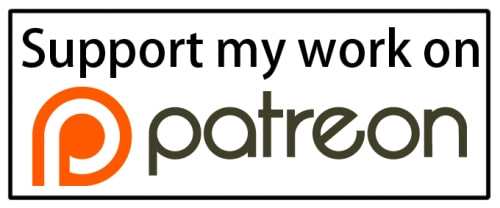An interesting question about meditation.
I recently met a young high-functioning autistic person who is unable to visualize and feels that this hinders meditation. Do you have any suggestions?
Meditation or visualisation?
Okay, but I still don't see anything when I close my eyes!
If you are interested in some simple and varied guided meditation techniques (many of which do not require the ability to visualise!) you might be interested in the guided meditation cards I sell in my web shop.

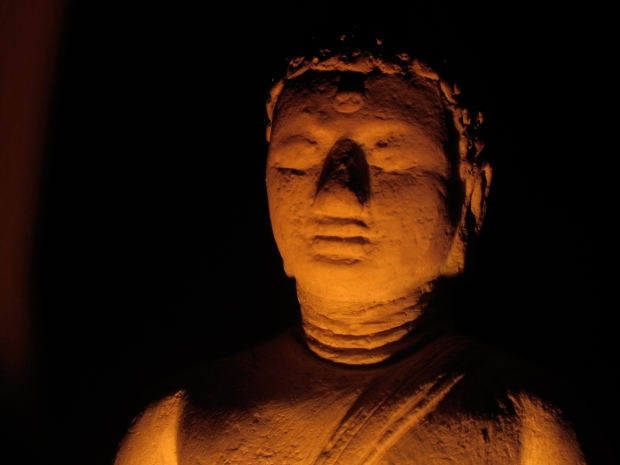
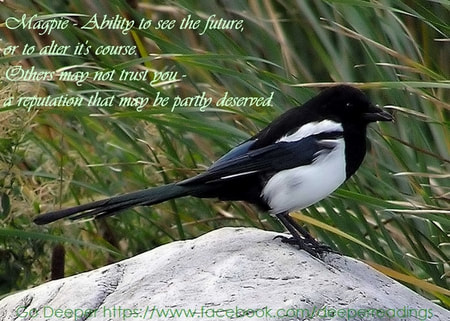
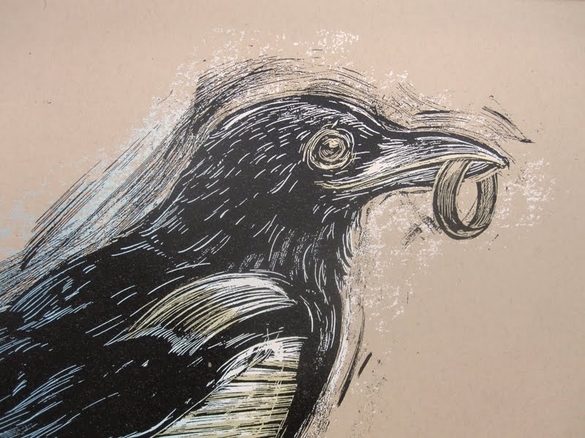

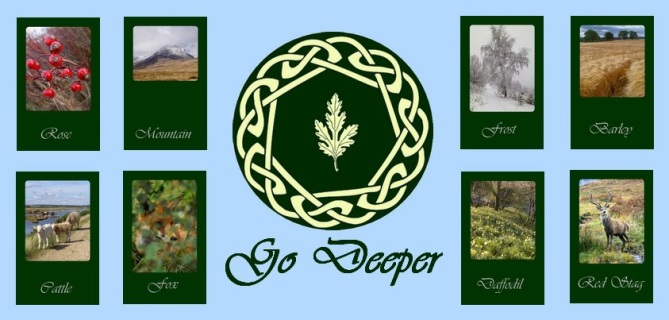
 RSS Feed
RSS Feed


